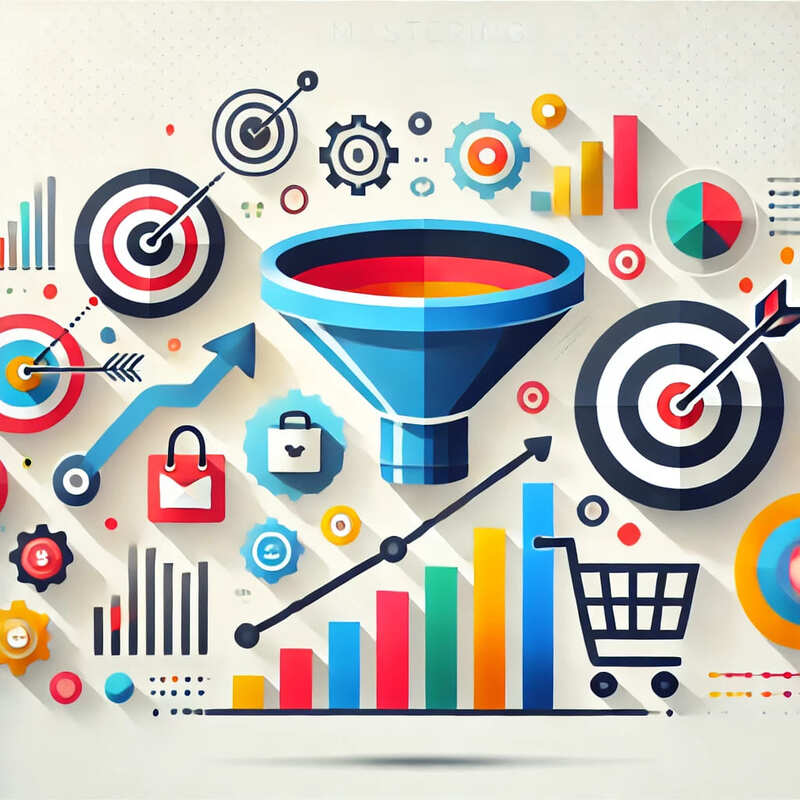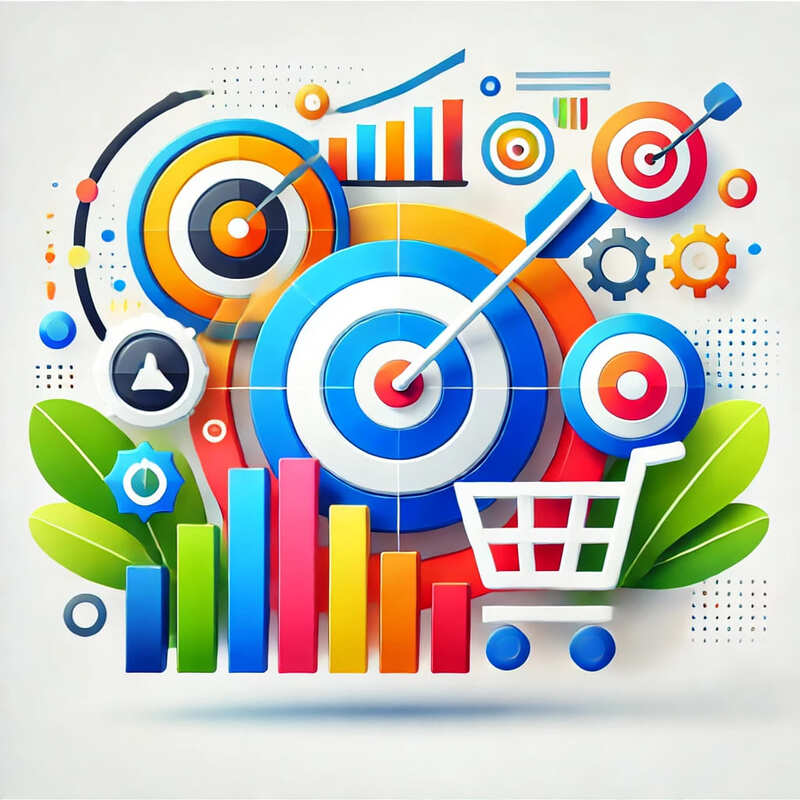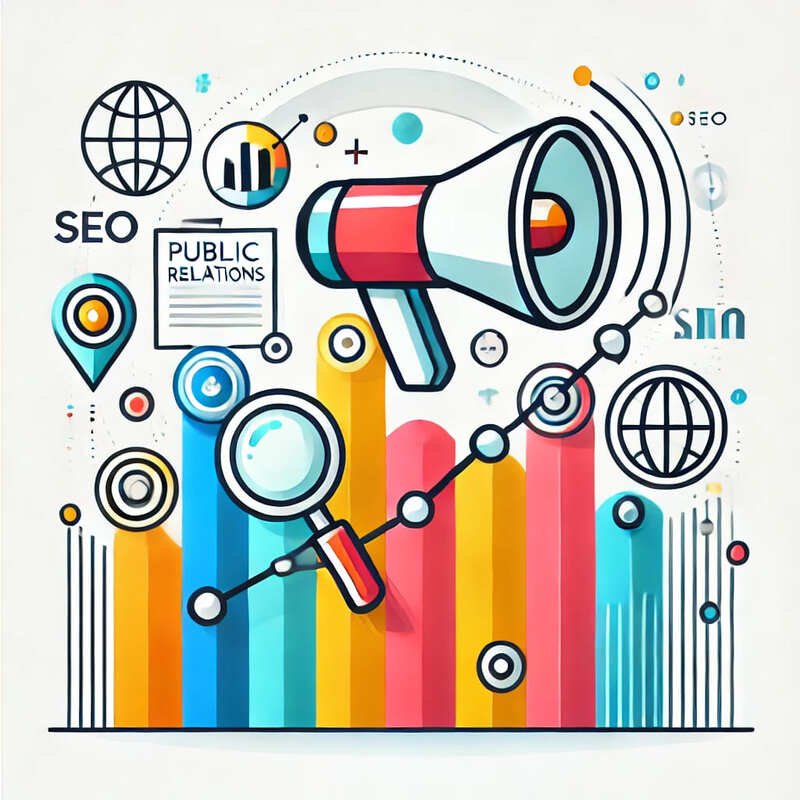Introduction
Sales funnels are the backbone of any marketing strategy, guiding potential customers through a journey that ideally ends in a purchase. Understanding the intricacies of sales funnels is crucial for converting leads into customers and maximizing ROI. This module aims to provide an understanding of what sales funnels are, why they are essential, and how to optimize them for your business.
What is a Sales Funnel?
A sales funnel is a model that represents the stages a potential customer goes through before making a purchase. It’s often depicted as an inverted pyramid, with a broad opening at the top to attract initial interest and a narrow end where sales occur.
Stages of a Sales Funnel
- Awareness: The top of the funnel, where potential customers first become aware of your brand or product. Strategies at this stage often include content marketing, social media, and PPC advertising.
- Interest: Leads who are aware of your brand start showing interest in your products or services. Email marketing, webinars, and targeted content can be effective here.
- Consideration: Potential customers are actively considering your product among other options. Case studies, free trials, and detailed product information can help sway them.
- Intent: Leads show a strong inclination towards your product, often by adding items to a shopping cart or engaging with a sales team. Retargeting campaigns and personalized offers can be effective here.
- Purchase: The final stage where a lead becomes a customer. The focus here is on ease of transaction, trust signals, and strong calls to action.
- Post-Purchase (Retention): The funnel doesn’t end at purchase. Post-purchase engagement aims to turn customers into repeat buyers and advocates. Customer service, loyalty programs, and upselling are key tactics.
Why Sales Funnels Matter
- Customer Journey: Helps you understand and map out the customer’s decision-making process.
- Targeted Marketing: Allows for more precise targeting at each stage.
- Conversion Optimization: Helps identify bottlenecks where customers are dropping off.
Best Practices
- Funnel Analysis: Regularly analyze your funnel metrics to identify areas for improvement.
- Personalization: Use data to personalize the customer experience at each stage of the funnel.
- Multi-Channel Strategy: Utilize multiple channels like email, social media, and SEO to guide leads through the funnel.
- A/B Testing: Continuously test different funnel strategies to find what works best for your audience.
Tools for Sales Funnel Management
- ClickFunnels: For creating and managing effective sales funnels.
- Google Analytics: For funnel visualization and tracking.
- HubSpot: For CRM and funnel analytics.
Conclusion
Sales funnels are an indispensable tool for any marketer aiming to convert leads into customers. By understanding each stage of the funnel and implementing a targeted strategy, you can significantly improve your conversion rates and overall marketing effectiveness.



